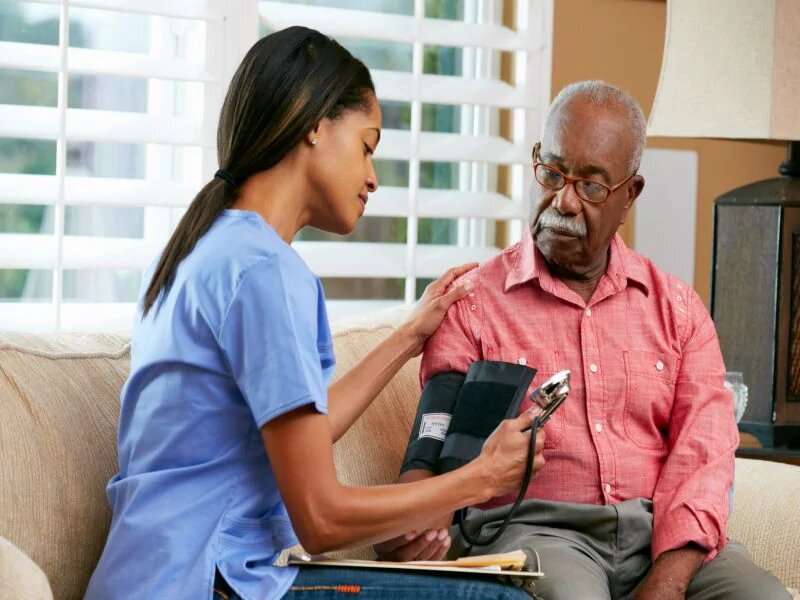(HealthDay)—More than one-third of stroke survivors have uncontrolled hypertension, and about one in five are not taking antihypertensive medications, according to a study published online July 27 in JAMA Neurology.
Daniel Santos, M.D., and Mandip S. Dhamoon, M.D., Dr.P.H., from the Icahn School of Medicine at Mount Sinai in New York City, examined the adequacy of blood pressure control among stroke survivors using data from the National Health and Nutrition Examination Survey. Data were included for 4,971,136 individuals with stroke and hypertension (mean age, 67.1 years).
The researchers found that 37.1 percent of participants had uncontrolled hypertension on examination. Overall, 80.4 percent were taking antihypertensive medications, most commonly angiotensin-converting enzyme inhibitors or angiotensin receptor blockers (59.2 percent) and β-blockers (43.8 percent). Over time, diuretics have become less commonly used (49.4 to 35.7 percent from 2005-2006 to 2015-2016); the frequencies of other antihypertensive classes remained constant.
"Although this study reveals a gap in secondary prevention of stroke, future studies are needed to determine preferential antihypertensive medication in patients after stroke," the authors write. "Studies focused on the efficacy of the class and number of antihypertensive medications in this patient population may be particularly beneficial."
More information: Abstract/Full Text (subscription or payment may be required)
Journal information: Archives of Neurology
Copyright © 2020 HealthDay. All rights reserved.























